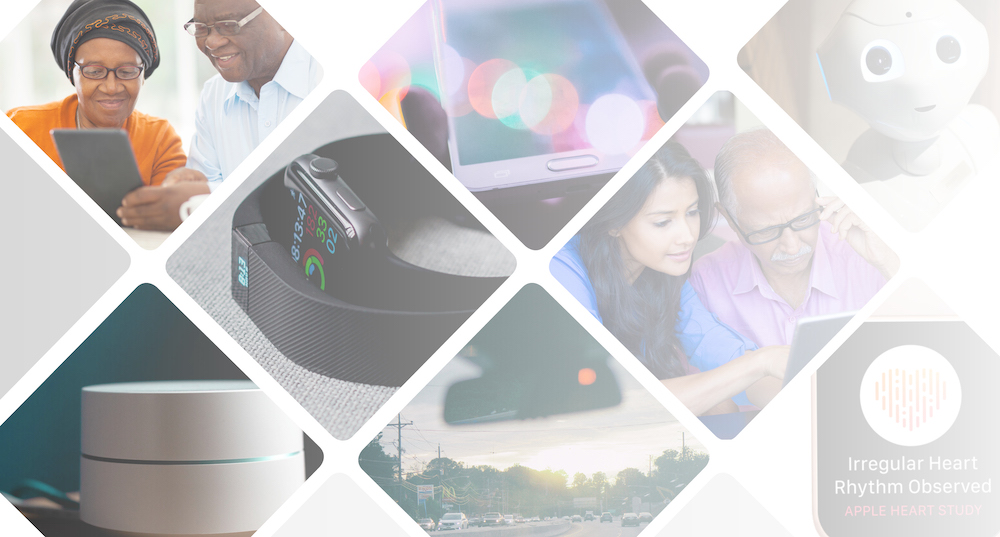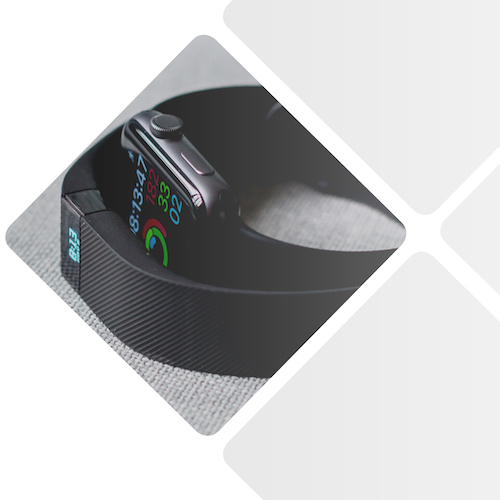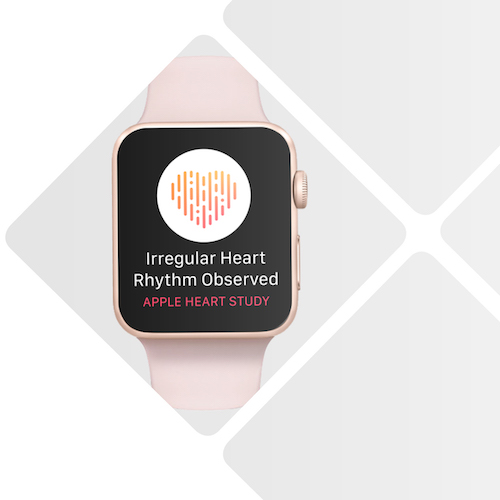
Technology is constantly changing. Whether it is a television, phone, or computer; the technology within these devices is being improved continuously. Would it not be nice if the cells in our body behaved in the same manner of constant improvement? However, this is not the case. So why not use the two areas together to create a synergy between technology and aging? Numerous products are being developed to help with the challenges experienced among aging adults.
 Mobility
Mobility
Nobody wants to do less than what they are accustomed to doing. Mobility was one of the first areas to see advancements such as motorized chairs to move those with weakening extremities in pushing forward with their activities of daily living. The real challenge will be to retain strength through aging so as dependence on such devices is lessened until necessary. Activity trackers help to measure daily steps to make sure we are keeping up with our exercise needs and avoiding the detrimental nature of sitting.

Dementia
Modern applications can assist with individuals and their caregivers as they face issues of dementia. Technology can now detect changes in cognition through speech patterns and key strokes that are imperceptible were it not for machine learning and artificial intelligence. We are at a time where the ability of computers may immediately assist with the inability of individuals to operate on their normal levels thereby restoring a new level of computer-assisted normalcy.
Think of the utility of a self-driving car in caring for the patient with early dementia, allowing them to stay in their home environment while freeing up time for their caregivers.

Loneliness
While we talk about technology, do not think for a second that the importance of human to human interaction should be minimized. Many who are well versed in this space will be quick to remind those who are quick to dismiss technology that it is technology developed intelligently that will allow for more human to human interaction while relegating the menial and mundane task to algorithms, machine learning, and robots.
Technology is being designed that bridges human to human interaction and addresses the absence of interaction. Interactive robots and even interactive pets have been brought to the market with success in promoting the needed interaction to address the challenges of loneliness.

Healthcare Diagnostics
Within the last year, the FDA has cleared devices that can identify the dangerous heart rhythm known as atrial fibrillation. Instead of going to a physician’s office, urgent clinic, or emergency room, this life altering heart rhythm can be detected during your normal routine.

Intelligence
As technology touches more human beings, more data is collected. And as more data is collected, more intelligence comes forward regarding how to best interact with those who are aging. Many leading thinkers in medicine believe we are on the cusp of a new age where smart-devices and computer intelligence is going to allow greater diagnostic precision with less disruption to our daily lives. This is good for everybody and healthcare systems are going to be challenged to be nimble in this transforming world.
Summary
The simple question is, do you want life to be easier or harder? If you choose easier, technology will introduce new solutions for healthcare that will allow all of us to achieve a life that is more connected, convenient, and healthy. We are witnessing the age when hospitals and doctors are no longer the owners of healthcare. The ability for better health lives in each and every one of us as we embrace the tools and technology around us. Technology will not replace the importance of humans caring for humans. At its best design, technology will allow for the experience between humans to be richer and more therapeutic.
Blog Contributor:
 R. Brent Wright, MD, MMM
R. Brent Wright, MD, MMM
Medical Director-T. J. Samson Family Medicine Center
Vice-Chair for Rural Health & Professor
UofL/Glasgow Family Medicine Residency
Associate Dean for Rural Health Innovation
University of Louisville School of Medicine
[email protected]

 Technology and Optimal Aging
Technology and Optimal Aging